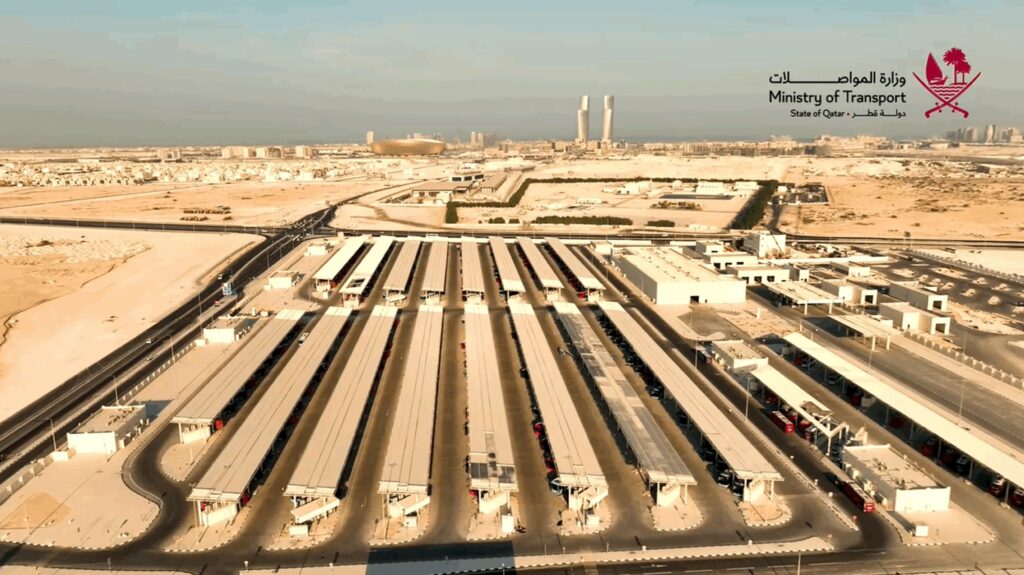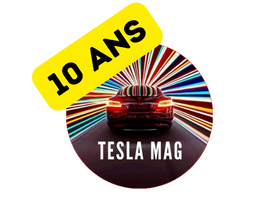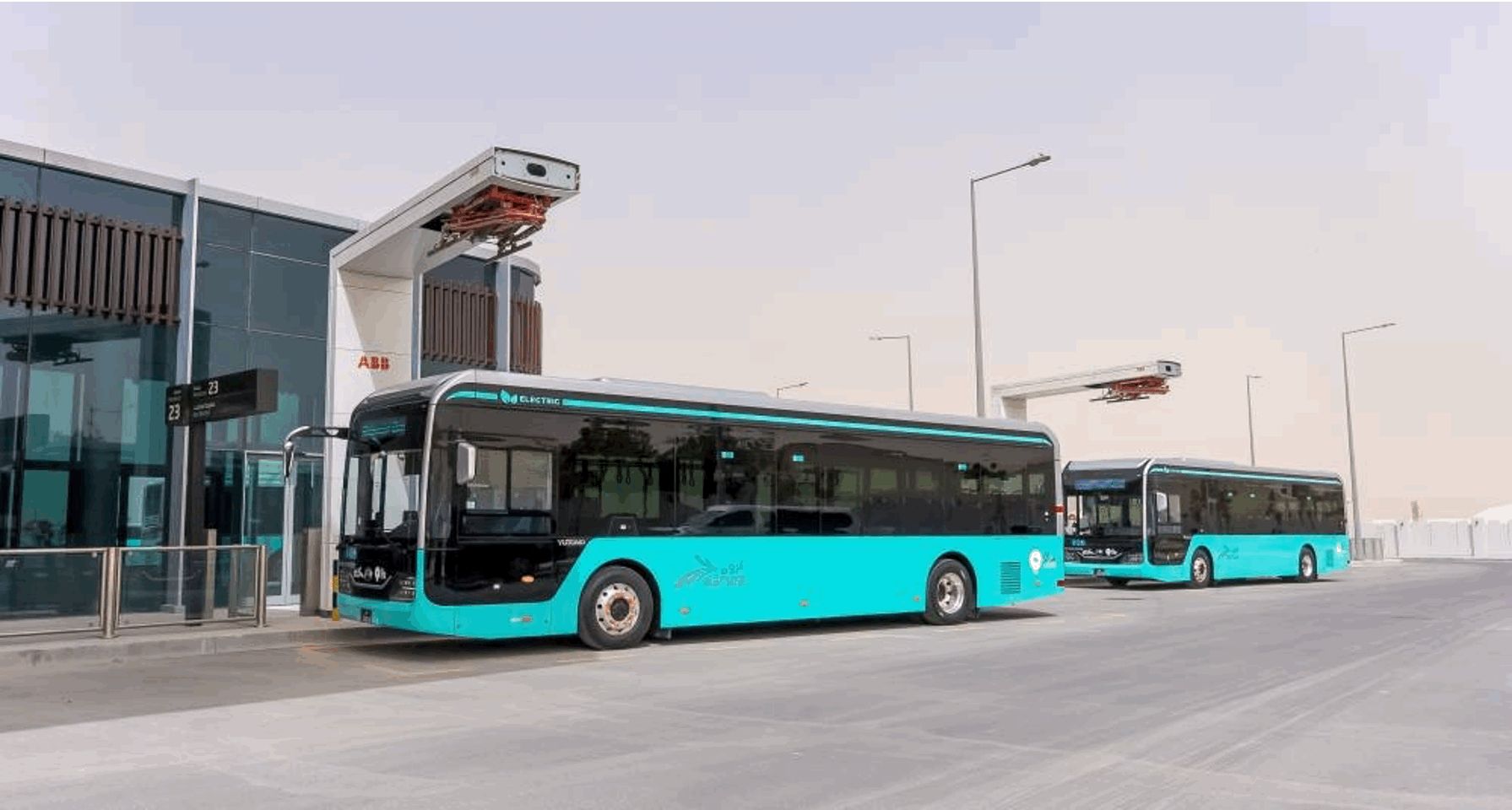Qatar is not just renowned for its immense reserves of natural gas and petroleum; it is also rapidly emerging as a leader in electromobility. A recent interview with Mr. Samir Ibrahim Salim Gabar and Mr. Mesned Ali M M Al-Misned provided some revealing insights into Qatar’s strategic endeavors in the electrification of its public and private transport sectors. Here’s an in-depth look at the conversation that unfolded and the revelations it brought to light.
A Strong Commitment to Public Transport Electrification
The Ministry of Transport in Qatar is making significant strides toward fully electrifying its public bus fleet by 2030. This ambitious plan is backed by a robust infrastructure designed to support electric buses. According to Mesned, the country has launched four bus depots and eight bus stations, all equipped for electric buses. Notably, one of the depots (The Lusail depot) is the largest of its kind in the world, capable of accommodating 478 buses and featuring a total of 241 charging equipment (237 double gun chargers and 4 pantograph chargers).
Current Progress
As of now, 70% of the bus network in Qatar is electric, a statistic that clearly demonstrates the country’s rapid progress in this arena.
Private and Commercial Vehicle Electrification

Apart from public transport, Qatar also aims to electrify 20% of private cars and commercial fleets by 2030, with the goal of reaching 40% by 2050. Samir mentioned that various projects are underway to achieve these targets. Incentivization policies for hybrid and electric cars have already been announced, offering benefits like customs exemptions and subsidized charging fees for electric vehicle owners.
A Balanced Approach to Charging Infrastructure
While the nation plans to deploy around 200 street chargers, Samir stressed the importance of aligning the number of chargers with the actual percentage of electric cars on the road to prevent wastage of resources. These charging stations are sponsored by Qatar General Electricity & Water Corporation (Kahramaa) and car dealers like Mercedes, Porsche, and Audi as part of their Corporate Social Responsibility (CSR) initiatives.
The Future Holds… Autonomous Vehicles?
Samir also revealed that Qatar has developed a seven-component autonomous vehicle strategy. Set to be published soon, the strategy encompasses aspects like certification, safety, insurance, technology, cybersecurity, and more.
Public Sentiment & Tesla
Regarding the public’s acceptance of electric vehicles, given Qatar’s history as an oil-rich nation, Samir confirmed that extensive studies indicate a favorable view towards electrification. He also mentioned that discussions are underway with Tesla for their potential incorporation in the Qatari market.
Hydrogen: Not Off the Table
Although electric vehicles are the primary focus, Samir did not rule out the possibility of exploring blue hydrogen as a fuel source. Such explorations are slated to begin in the last quarter of 2024.
Conclusion
Qatar’s comprehensive approach to electrification, right from public transport to private cars, demonstrates its commitment to a sustainable future. With strong infrastructure and incentive schemes, the nation is making significant headway. The developments in autonomous vehicles and potential explorations in hydrogen fuel also add multiple dimensions to Qatar’s electromobility landscape.
These revelations from the interview paint an optimistic and forward-looking picture of Qatar’s transportation future, making it a nation to closely watch in the coming years.
Disclaimer: This article is based on the information shared in an interview and aims to present an objective summary of Qatar’s plans for electrification. The opinions expressed herein are not necessarily those of the interviewer or the interviewees.

